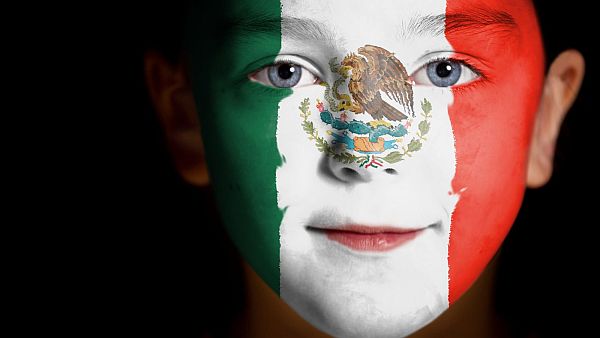The United Nations is urging Mexico to outlaw child marriages.
Although Mexico recently passed a federal law setting the legal minimum marriage age at 18, U.N. officials say this isn't being enforced in some states, where civil codes allow girls as young as 14 and boys as young as 16 to marry.
There are also other local norms and small town traditions where the marriage age can vary even more.
Ana Guezmes, a spokeswoman for ONU Mujeres, a U.N. agency that promotes gender equality and female empowerment, said a girl who marries before she's 18 risks having her human rights violated. "This affects their life, health, education, integrity and their future development and that of their families, while increasing discrimination and the risk of violence against them," Guezmes said.
Enforcing the new marriage age is a challenge in some parts of Mexico, particularly in indigenous communities that are often governed by a system of 'usos y costumbres' (habits and customs). State governments, mainly in southern Mexico, generally recognize those systems.
The U.N. agency is working to increase awareness about the risks of child marriage. It recently launched an initiative called "From A (Aguascalientes) to Z (Zacatecas), Mexico without an early union and matrimony of girls in the law and practice." The campaign calls for an end to early marriage.
A report earlier this year by Mexico's National Institute on Geography and Statistics (INEGI) showed the average age when women married in Mexico has risen over the last 30 years, from an age of 18.8 in 1976 to an age of 20.2 in 2014.
Still, Guezmes says more needs to be done to protect children and adolescents.
The U.N. agency will seek to advise Mexican institutions and offer technical assistance on ways to protect young girls.
Other Latin American countries are also taking steps to prevent child marriages. This year, Guatemala's congress modified its civil code to raise the minimum age for girls to get married from 14 to 18.


